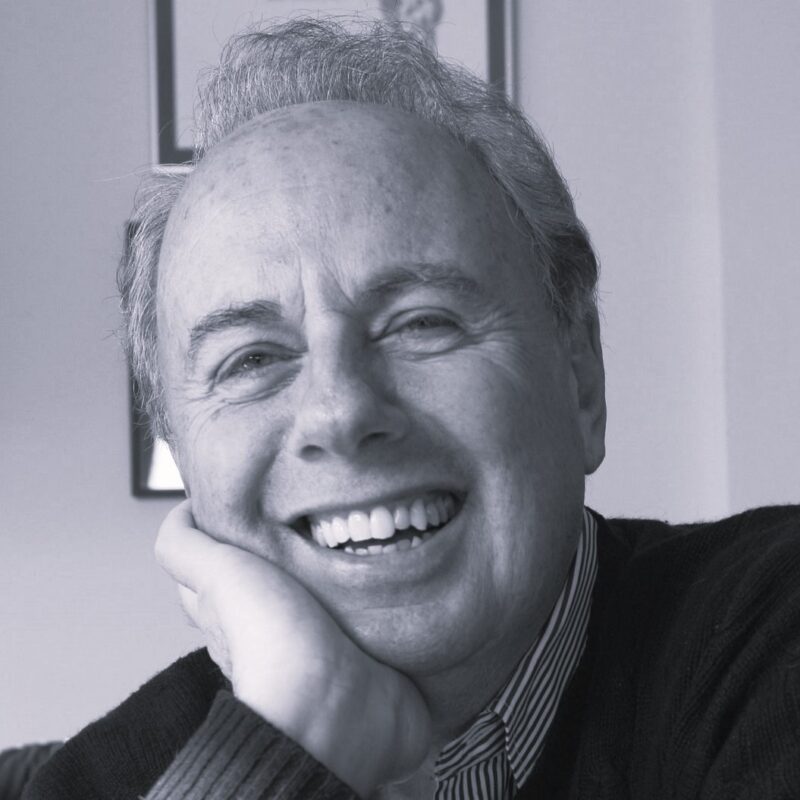One cannot get it out of one’s head. The young Israeli at the music festival, trapped, awaiting capture and worse from the Hamas murderers, sending two brief sentences back to his family: “I love you” and “I’m sorry.”
It’s the “I’m sorry” that brings you to your knees, because what he was being sorry for was causing his family and loved ones such pain. He wasn’t suffering at the moment he sent the message. He was anticipating their anxiety, sorrow, and grief, and he was attempting to relieve them of these burdens by assuming them himself. Another young Jewish man did a similar thing a couple of thousand years ago. “I’m sorry.”
It goes wider and deeper. “I’m sorry.” I’m sorry for providing a satisfying moment for these dead-hearted murderers. Sorry that my life is likely to end before I could do anything to counter evil impulses, evil people. Sorry that I’m only human.
Halfway across the world, the murderers’ verbal accomplices — one waving a swastika — gather and march in Times Square, and send notices from Fair Harvard that the slaughter of children was justified. Or just as bad, that there’s much to be said on both sides. (I cringe even as I write that tripe.) When Donald Trump says something like that — as he did following the lethal street violence in Charlottesville — he showed himself to be the most dangerous sort of apologist, an inciter of riots. When Harvard students say that, and worse, what are they to be called? Free speakers with a controversial point of view?
When I was teaching English and writing at Harvard in the 1960s, I was also senior tutor, a sort of resident dean, and, later, master (when that title existed) at Dunster House. So I worked closely with both students and faculty. It was the time of anti-Vietnam protests all over the country — at Harvard, the protests sometimes taking the form of students blocking recruiters who were in one way or another associated with the war effort, then escalating to building takeovers and student strikes.
The issue then was quite different, of course. We were involved in a wrong war, and we had to get out.
But the question of how the university ought to respond was generically the same. Protest, yes. But how far is too far? And where does protest become the equivalent of violence itself? Clearly something instructive was to be attached to disciplining students for their protests. Yet everything they were being taught in their classrooms told them to speak their minds fearlessly. The line that was drawn had to do with damage. Demonstrations that threatened the purposes, indeed the existence of the university — that intended and supported pure destruction — were not to be countenanced.
Of course, there were faculty members who wanted to pat the protesting students on the back, or just as bad, sit and wait for things to blow over. But the faculty members who did not speak out against the destruction of the university and its principles were simply being cowardly, or fooling themselves. And the student protesters would learn absolutely nothing about the line between forcefully demonstrating opinions and fomenting violence.
At a memorable faculty meeting (they seemed to come twice a day), it was proposed that the students be cheered rather than disciplined. Professor of Government Samuel Beer, the most admired liberal Democrat on the faculty and a hero to most of the students, stood up and said that if that were to happen, “You do them no favor.” Nothing would be left of the rudderless “good ship Harvard” but flotsam.
He meant, of course, as Dr. King preached and proved, that the anticipation of punishment is a necessary part of civil disobedience.
So now, as the young Israeli who was sorry lies dead or in shackles (it was reported that he lost one arm in the Hamas onslaught), pro-Palestinian groups at Harvard proudly march in favor of terrorists. Even the Harvard president, who eventually seemed to recant with a strong statement condemning Hamas, came out initially with something so carefully balanced, it sank of its own weight.
Since Harvard is a teaching institution, one must ask what can be taught to someone who effectively cheers on the beheading of babies. By so savage an act — as savage as the act it applauds — one forfeits the right to call oneself a student. A student’s mind is by definition open to learning, flexible, inquiring, and above all sympathetic. To study the world is to weep with the world. What is to be done with people, at Harvard or in Timbuktu, who celebrate death over life? Not for nothing is the Hebrew toast — L’chaim — what it is.
I’m sorry. There are no two sides to this slaughter. Either you are the side of the healers or the killers. I’m sorry. In some situations — too many, historically — moral relativism does not apply. I’m sorry, as is every parent and grandparent in the world, that the life — the good and vibrant life of one young man in Israel, who at this moment could be eating, drinking, singing, and laughing with his family — may be no more. And for what? Bloodlust. Sorry, sorry, sorry.
This article was published on October 16, 2023.

